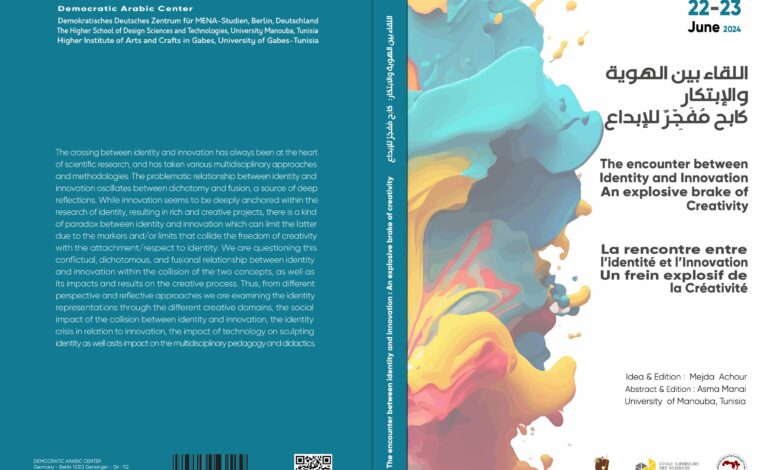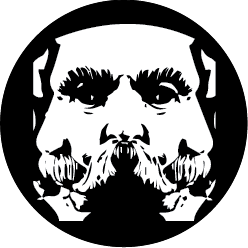A Conference and the contribution to a book
Federico wrote a paper to contribute to the conference organized by the Arab Democratic Institute of Berlin and two Universities in Tunisia. The paper and it got published within the proceedings of the conference.
The paper title is: Melting Down Identity: Towards a Pedagogy of Complexity (page 68 of the book), and in the paper there is a in depth discussion of some cases connected to the activity of Trasformatorio and an advocacy of methods of learning that engage with complexity bypassing common biases. Federico calls this “pedagogy for complexity” and is a non hierarchical way to set out on learn and do journeys with a open mind and curiosity and, at the same time, put to use the abilities of artists to engage in collective transformation.
The encounter between identity and innovation; An explosive brake of creativity, Democratic Arab Center-Berlin-Germany, June 2024, ISBN: 978-3-68929-.24-5
An estract of the chapter that Federico Wrote is here:

“I was triggered by the title of the conference to contribute an abstract that then developed in a long article about some things that were on my mind since long.”
Abstract:
This article presents a proposal to change some key methodological concepts and on introducing early a blurring of identities and situational analysis in multi stakeholder’s context where change is necessary, either through innovation or regeneration.
Through experience such as the co-design of the table game “Le Grand Jeu” and activities at the site-specific art projects of the Trasformatorio Lab, the paper illustrates how art-driven innovation can foster a trans disciplinary learning community that embraces complexity. The scope of the paper is to hint and guide to a communitarian mindset that is complexity-positive, aware and fearless about unpredictable and erratic behaviour of real complex systems and welcoming instruments of societal and technical use to ride the wave of chaos positively. “Le Grand Jeu”, an open ever-changing table game developed and its
philosophical assumptions in mind, serves as a platform for exploring the techno-political, societal and knowledge-based elements of the new pedagogy. These elements include consensus, learning by doing, simulation, stack and flow, distributed ledger technology, basic income, or other component that support the design of a sustainable development within a role-playing framework. The act of promoting experiential learning and horizontal knowledge points to a pedagogy of complexity. In the end
we show how the formulation of human-centric innovation becomes clearer if it is not inserted in a limited problem solution framework but inserted in a well-defined dynamic of change of narrative for well-constraint situation. The paper concludes by emphasizing the intersection of identity and process in redefining pedagogical discourse and design practices.
Key words: Human Centric Design, Art Lead Innovation, Transformation, Design with Friction, Situation Design, Art Living Labs


Very inspiring and beautiful